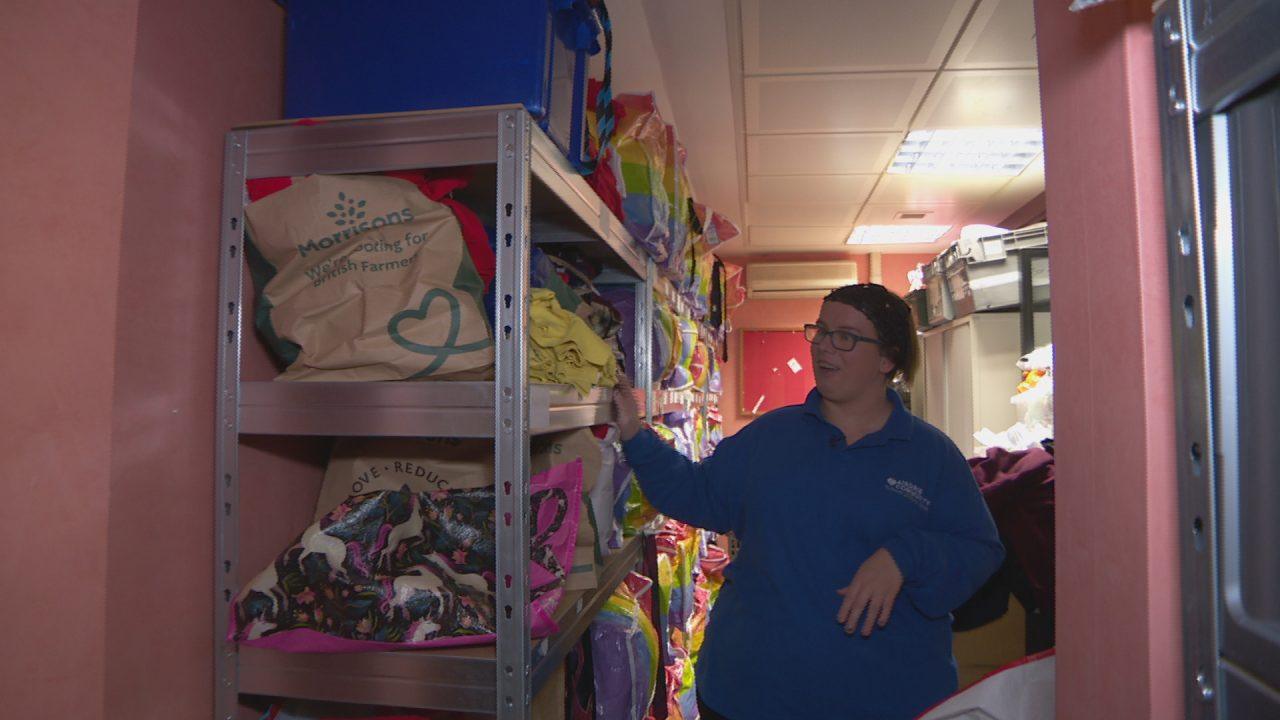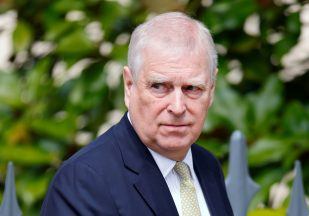Key Points
-
 Joseph Rowntree Foundation (JRF) report says families are being ‘locked into poverty’ by a ‘failing’ social security system
Joseph Rowntree Foundation (JRF) report says families are being ‘locked into poverty’ by a ‘failing’ social security system -
 It says a lack of action at Holyrood and Westminster is keeping more than one million people in Scotland in poverty
It says a lack of action at Holyrood and Westminster is keeping more than one million people in Scotland in poverty -
 Release of charity’s report comes at start of Challenge Poverty week
Release of charity’s report comes at start of Challenge Poverty week -
 Separate report by Institute of Fiscal Studies says there are currently more than 4.3 million children living in poverty in the UK
Separate report by Institute of Fiscal Studies says there are currently more than 4.3 million children living in poverty in the UK
A lack of action at Holyrood and Westminster is keeping more than one million people in Scotland in poverty, according to a new report.
The Joseph Rowntree Foundation (JRF) says both the UK and Scottish governments are failing to use their powers effectively, despite ministers saying that tackling poverty is a central mission.
The JRF report found the proportion living in “very deep poverty” – measured as those earning below 40% of the median income – has surged to 40% of all families in Scotland, up from 26% in the mid-1990s.
It also said families are being “locked into poverty” by a “failing” social security system. One in four of those in poverty are children.
The JRF urged the new UK Government, which it says retains most of the spending and social security powers in Scotland, to reverse the “policy failings” of the previous administration.
Chris Birt, associate director of the JRF in Scotland, said: “Our report shows that a new consensus is needed to tackle stubborn rates of hardship.
“The law describes social security as an ‘investment in the people of Scotland’ but people struggling to get by are being short-changed by a lack of political courage. Poverty comes down when social security is enhanced.
“The new UK Government provides a key opportunity for politicians in both of Scotland’s governments to seize their powers, and responsibilities, to deliver compassionate support for people in Scotland.
“Far too many people experience daily struggles to get by and deserve better than platitudes about waiting for growth or tough decisions. People all over Scotland have tougher lives than our wealthy nation should tolerate, it is high time that changed.”
Demand for uniform bank triples
Natalie Buchanan started a uniform bank in North Lanarkshire with her friend in 2019 as they were aware of the financial problems experienced by other parents.
The Airdrie-based service has seen a huge rise in the number of people seeking help since then, with demand tripling in the last year alone.
“It’s about helping people and giving back,” Natalie told STV News.
She added: “It’s not just people on benefits that we help – 83% of our referrals are working families who are on the cusp and needing support.”
Natalie, who has two children, receives universal credit, disability and other benefits as her eyesight is deteriorating.
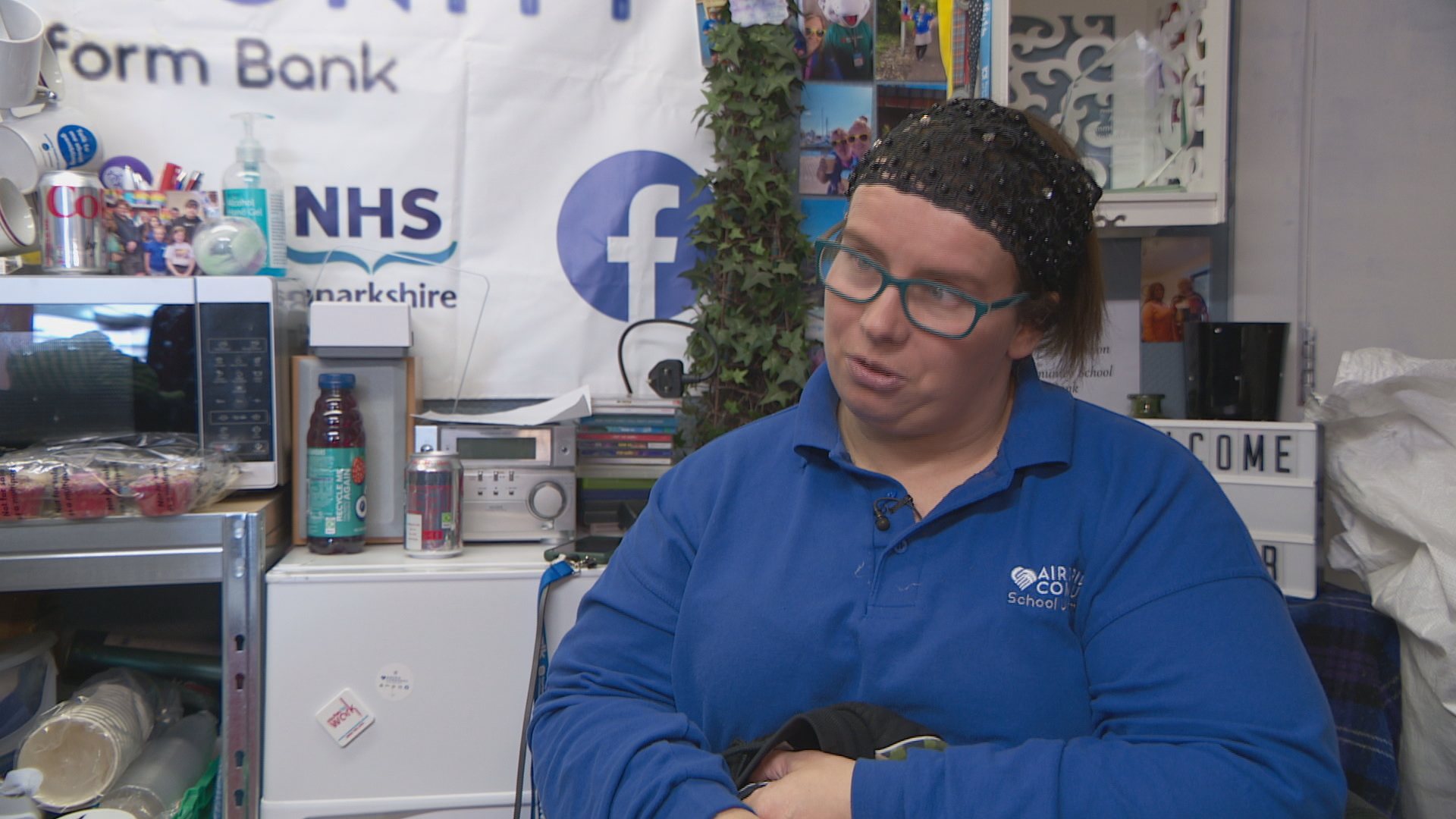 STV News
STV News“I do find it more of a struggle day-to-day,” she said. “For me, it’s all about keeping the lights and the heating on.
“I am losing my vision and require the light from the crack of dawn to late at night. I’ve lost the sight completely in my left eye, and my right is deteriorating.
“My main aim right now is to maintain my independence, so not having a light on in the house is not an option because I could fall.
“Food bills are also high because my children eat different things. Both have sensory issues. My daughter has autism and my son has multiple health problems, so it’s not a case of making one family meal, I need to make them different things so that all adds to the cost.
“My husband had to give up his job to help care for me and our children due to my sight problems. For me, working isn’t an option as we couldn’t afford a childminder for two.
“This is one of the reasons why I volunteer at the uniform bank. It’s my way of giving back and helping others.
“I moved house recently, and most of the things I have are secondhand, as buying everything brand new just wasn’t possible. I have also been given the special sensory toys my son plays with.
“The help I get is fantastic but, at the same time, you want to try and make a home without that help. It’s a hard situation because you think ‘this is something I should be able to do for myself’ but with cost of living and food prices, it’s difficult to manage.
“You can’t do the treats you want to do for the kids or take them for days out. You worry about prices all the time. Stuff like toys are not a priority. I save up all year round for Christmas but I still find myself putting myself into debt to get things.
“It’s hard because you want to give your children what they need, and you don’t want them to be different.”
Two-child benefit cap contributes to high rate of poverty
The JRF researchers found that 95% of lone parents rely on benefits as part of their income, as well as 83% of those with three or more children and 62% of families where someone has a disability.
It said the two-child benefit cap contributed to a high rate of poverty among families with three or more children.
The report also found that despite 54% of families from a minority ethnic background experiencing poverty, only 38% receive social security.
Children and working-age adults in households where someone has a disability are more than three times more likely to be in poverty and go without essentials such as a warm home or winter coat.
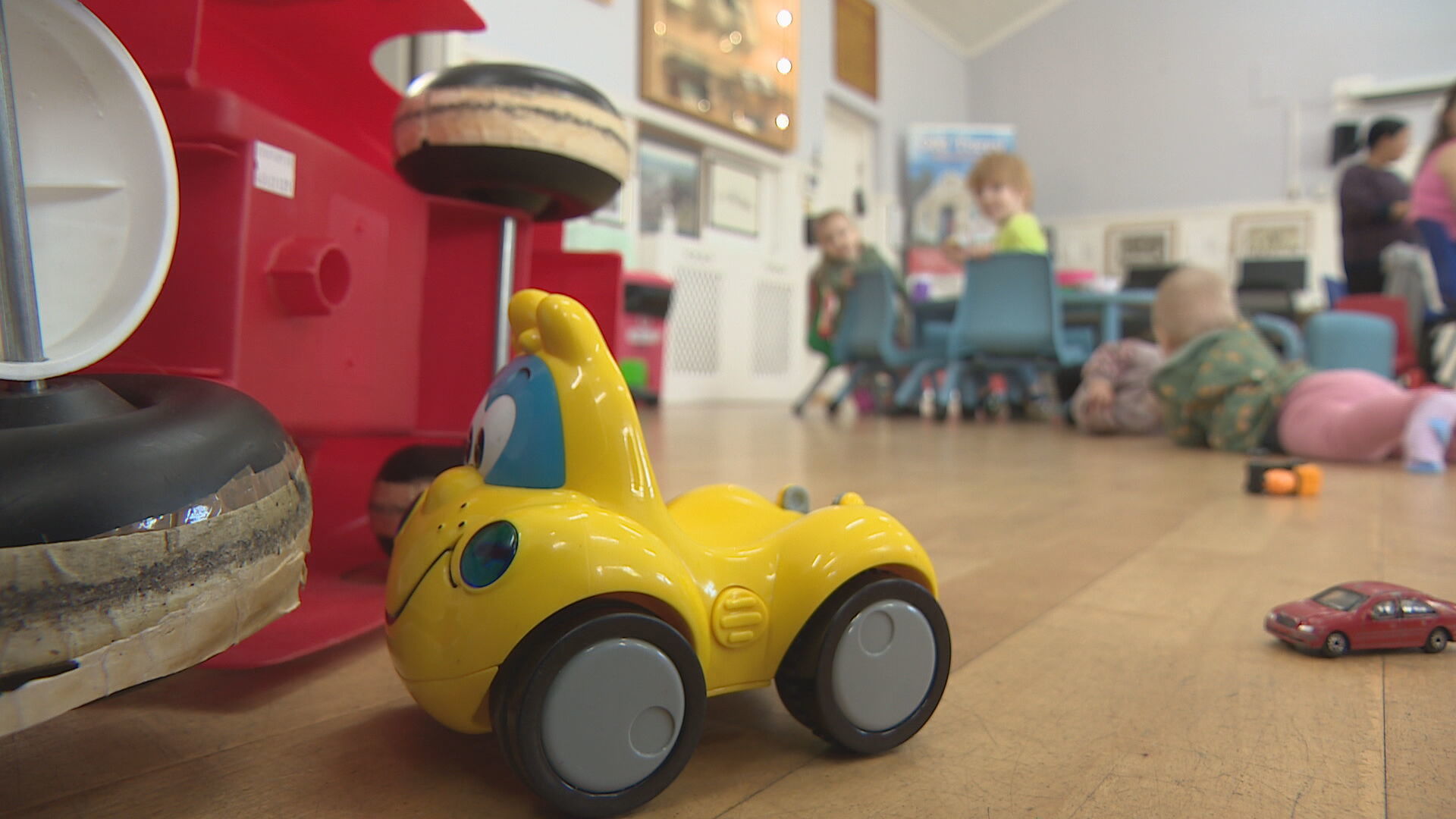 STV News
STV NewsScottish secretary Ian Murray, who will speak at the launch of the report on Monday, said: “Too many children in Scotland and across the UK are growing up in poverty. This is unacceptable, and that’s why the UK Government has set up the Child Poverty Taskforce.
“Our ambitious strategy will use all available levers to address the problems we face through work, housing, education, heath, childcare and the social security system.
“As part of this, we’re resetting our relationship with the Scottish Government and engaging with them on our shared goal: to ensure that every child in Scotland has the opportunity they deserve without poverty damaging their future prospects.
“Taking action to reduce poverty is absolutely central to our mission to drive economic growth. We’re making work pay, ensuring the national minimum wage is a true living wage, planning Jobcentre reform, and ending exploitative zero-hours contracts so workers have increased job security.
“At next week’s International Investment Summit, we will forge stronger links with our global business partners working together to achieve the growth that’s vital to raise living standards.”
Scottish Government view
The Scottish Government said it was doing everything in the scope of its powers and “limited budget” to tackle and reduce poverty.
Social justice secretary Shirley-Anne Somerville said: “We have allocated £3bn a year since 2022-23 to polices which tackle poverty and the ongoing cost of living crisis. This includes providing free bus travel for around two million people, free school meals for all children in primaries 1-5, and social security benefits and payments which are only available in Scotland.
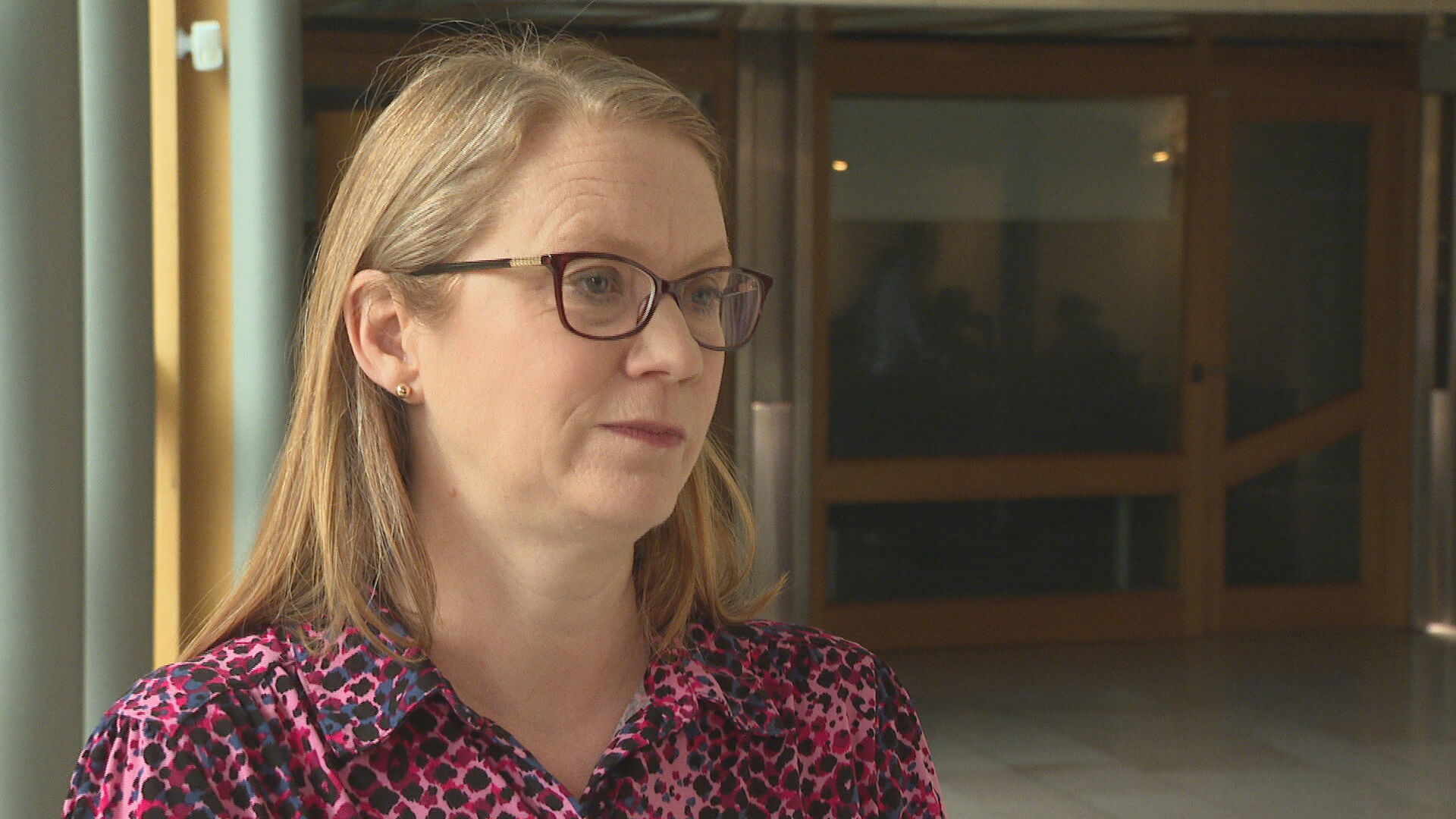 STV News
STV News“Modelling published this week by the Institute for Fiscal Studies suggests that UK Government investment in social security could bring hundreds of thousands of children out of poverty across the UK.
“The Scottish Government stands ready to work with the UK government however this must be matched with action in the budget this month.
That includes immediately abolishing the two-child limit, delivering progress toward an Essentials Guarantee and following this government’s lead by matching the Scottish Child Payment.
“Modelling published in February estimated Scottish Government policies will keep 100,000 children out of relative poverty this year, with the Scottish Child Payment alone keeping 60,000 children out of poverty.”
SNP calls on chancellor to ‘end austerity and treat poverty as a priority’
SNP work and pensions spokeswoman Kirsty Blackman has written to UK chancellor Rachel Reeves, warning she “must end austerity and start treating poverty as a priority”.
The SNP is calling for the two-child limit and benefit cap to be abolished, the so-called bedroom tax to be scrapped, and the Scottish Child Payment to be matched by raising the child element of Universal Credit by £26.70 per child per week around the UK.
Blackman’s letter said the figure of 4.3 million children in poverty across the UK is “a scandal” and it is “shameful” that Labour has “actively chosen to push more children into poverty by continuing damaging welfare cuts”.
A UK Government spokesperson said: “No child should be in poverty – that’s why our new cross-government taskforce is developing an ambitious strategy to reduce child poverty and give children the best start in life.
“Alongside this, we have extended the Household Support Fund to support the most vulnerable with essentials this winter and have committed to reviewing Universal Credit while we deliver on our plan to tackle inequality and make work pay.”
Follow STV News on WhatsApp
Scan the QR code on your mobile device for all the latest news from around the country


